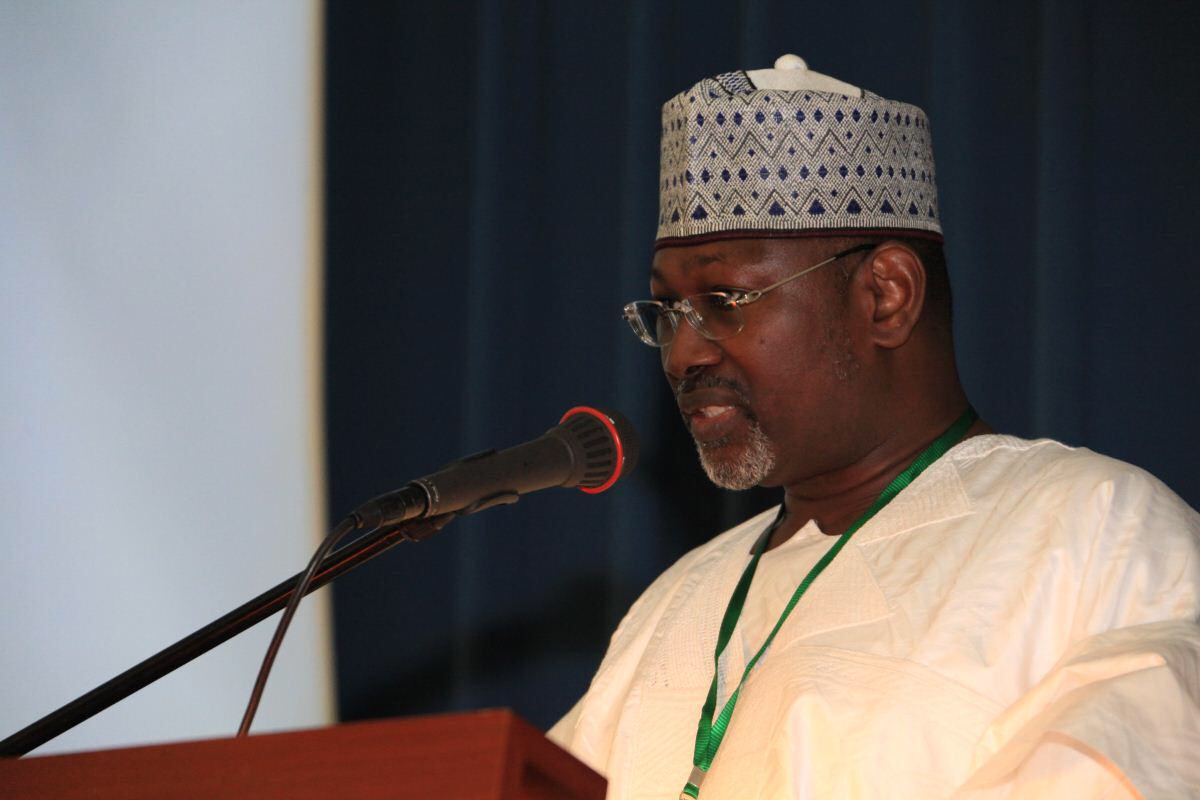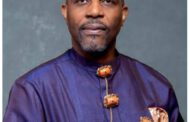ANY casual observer of Sokoto State politics in the coming dispensation would be tempted to say that the gubernatorial contest that would soon take place between Senator Abdalla Wali, Nigeria’s immediate past Ambassador to Morocco and Aminu Waziri Tambuwal, the Speaker of the House of Representatives, would present interesting scenarios. Indeed, it would. But certainly not in the sense most observers are looking at it.
The received impression is that an Aminu Tambuwal who has acquired fame and reputation or notoriety in Abuja would be a good product to sell in his home state. Those who are not familiar with the dynamics of Sokoto politics would readily think that Tambuwal would be a good product to market. He probably would have been marketable. But he is encumbered by a number of drawbacks.
First is that Tambuwal is operating under the shadow of the incumbent governor, Aliu Wamakko. That would have been of advantage to Tambuwal. Many who want to make it fast in politics usually ride on the back if incumbents.
However, Wamakko, rather be an asset to Tambuwal, is a liability to him. The problem he faces here is that Wamakko has burnt himself out. He has reached his dead end. Having governed the state for nearly eight years now, the people of the state have seen all of him. They have taken note of his deficiencies. His failings have reminded them of the good old days of Alhaji Attahiru Dalhatu Bafarawa, the governor of the state between 1999 and 2007. Bafarawa’s era as the governor of Sokoto State was eventful. The people remember Bafarawa for his people-oriented programmes and projects.
But as is the case with every government, Bafarawa left behind some uncompleted projects. The expectation is that an incoming government would take over those projects and complete them. After all, government is supposed to be a continuum. But they are disappointed that Wamakko has not given them much cause to cheer. He did not just abandon the projects he inherited from Bafarawa, he also did not embark on new ones that will affect the lives of the people positively. Consequently, the people are unhappy. They are disappointed that the man they expected much from is not delivering the dividends of democracy. Now they are protesting. They are ready to do away with him and whatever he represents.
It is into this suffocating underbelly of Wamakko that Tambuwal is creeping. Those who know the state have nothing but pity for him. They fear that Tambuwal would go with the gale that would sweep Wamakko out of Sokoto State. In fact, the feeling in certain quarters is that Tambuwal would have been better off if he were standing on his own.
The second impediment Tambuwal’s candidature faces is that he is running the race with a candidate with superior qualities and credentials. Senator Abdalla Wali is an established technocrat. His record of service in the private sector is a reference point to the younger generation on how to build a career and make the best out if it. Because of his competence and versatility, he was always sought after by employers of labour. While he was a senior manager with UAC of Nigeria, the government of Sokoto State, at different times, had cause to seek for his services. What recommended him for that was his expertise.
Senator Wali reached the pinnacle of his career before he ventured into politics. He is not an emergency politician. He is one of the few whose people chose on the basis of excellence and service to community. When in 1999 Wali stepped out as the senator representing his senatorial zone, it was a spectacular outing for him. Sokoto State was under the grip of the All Peoples Party (APP) which was later to become the All Nigeria People’s Party (ANPP). But Wali surprised everyone. He stood for election under the Peoples Democratic Party (PDP) platform and won. It was a huge feat because the PDP was not a popular party in the state then. But Wali’s popularity and grassroots support did it for him. That makes him a true man of the people.
After his successful tenure as senator, which saw him serve as the first leader of the Senate under that dispensation, Wali was appointed Minister of National Planning by the then president, Olusegun Obasanjo. His tenure as minister was equally eventful. He was later to be appointed Nigeria’s Ambassador to the Kingdom of Morocco under the government of Umaru Yar’Adua. Wali’s tenure as ambassador was renewed under the present administration of Goodluck Jonathan. This career trajectory shows that Wali has been part of the system since 1999. And he has built a massive reputation from both private and public offices over the years. It is this wealth of experience that the man wants to bring to bear in Sokoto State.
Now how can Tambuwal match this man who has been sweeping like hurricane across Sokoto political landscape? That will be a tall order for Tambuwal. Senator Wali’s chances are boosted the more by the backing from Bafarawa, the most influential politician in Sokoto State. While Wamakko is throwing his light weight behind Tambuwal, Bafarawa is throwing his heavy weight behind Wali. The battle is therefore disproportionate through and through. While Bafarawa will crush Wamakko on the political turf any day, Wali is clearly superior and more recognised in Sokoto than Tambuwal. In fact, both Wamakko and his protege, Tambuwal, have always been operating under Wali.
Significantly too, both Wali and Tambuwal come from the same locality. Wali is better known and more accepted by the people of the local government than Tambuwal. It is also said that in spite of Tambuwal’s Abuja popularity, he is not known beyond the two local government areas that he represents at the National Assembly.
This contrasts very sharply with Wali who represented an entire senatorial district. Besides, Wali is known all over the state, having run for the office of governor in 2003. He ran against Bafarawa then but lost.
The way things stand, the coming election in the state is clearly a battle between Bafarawa and Wamakko. It is going to be a test of strength and goodwill. But Bafarawa and Wali, the candidate he is supporting, look good to carry the day.
Ibrahim, a public affairs analyst, writes from Abuja.
Source: The Guardian












